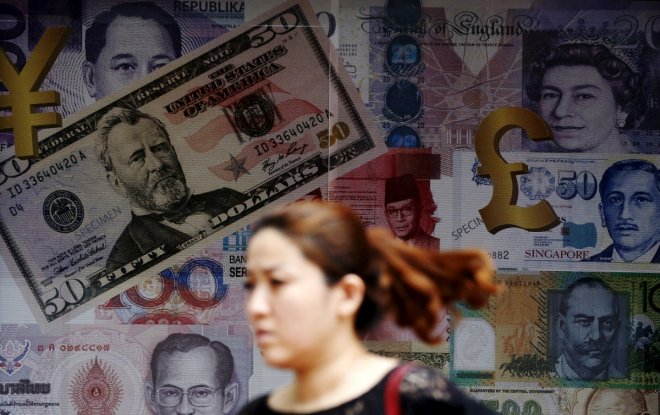
Malaysian ringgit, which has been on a losing streak against the greenback, will remain under pressure in 2017, analysts have said.
BMI Research said in a note Asia's worst performing currency will be further pummeled by factors including the decline in Chinese Yuan, global bond market weakness and a likely slowdown in global trade in the wake of the protectionist trade policies of the incoming Trump administration in the US.
Ringgit fell 4.3 percent against the US dollar last year after an 18.5 percent plunge in 2015. The Malaysian currency hasn't made an annual gain since 2012.
The note adds that ringgit's fate also depends on how far and how fast the US Federal Reserve increases interest rates. A hike in rates in the US will trigger higher outflows from Malaysia and put the ringgit under added pressure, the note said.
On December 19, the Malaysian ringgit fell to its lowest level since the 1998 Asian Financial Crisis, with a broad bullish drive on the US dollar sending the under-pressure currency to 4.4770 against the greenback, the weakest level since collapse of Asia's emerging economies in 1998.
After heavy declines in 2015, the last year capped off with a rout in ringgit following the election of Donald Trump. The protectionist trade practices championed by incoming US president Donald Trump sent shock waves across the emerging Asian economies that depend on exports. The Malaysian currency was down nearly 7 percent in the days after Trump's election on November 9.
BMI Research has now slashed its forecast for the ringgit to 4.50 per US dollar this year and 4.40 in 2018, Bloomberg reported.
"The Chinese economy remains mired in a medium-term slowdown as the structural weaknesses such as overcapacity in the industrial sector and dominance of inefficient state-owned enterprises persist ... Given that China is Malaysia's largest export partner, we believe that Malaysia's export-driven economy remains exposed and is likely to be negatively impacted," the note said.








